Publications
Articles, publications, books, tools and multimedia features from the U.S. Institute of Peace provide the latest news, analysis, research findings, practitioner guides and reports, all related to the conflict zones and issues that are at the center of the Institute’s work to prevent and reduce violent conflict.
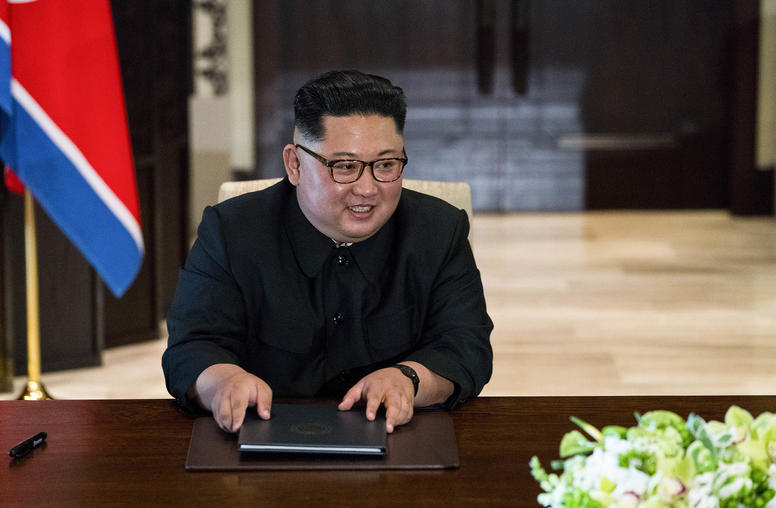
If You Want Peace, Prepare for War, and Diplomacy
At this Kim Dae-jung Peace Forum, it’s useful to recall seemingly paradoxical advice offered by a fourth-century Roman general: Si vis pacem, para bellum. “If you want peace, prepare for war.”
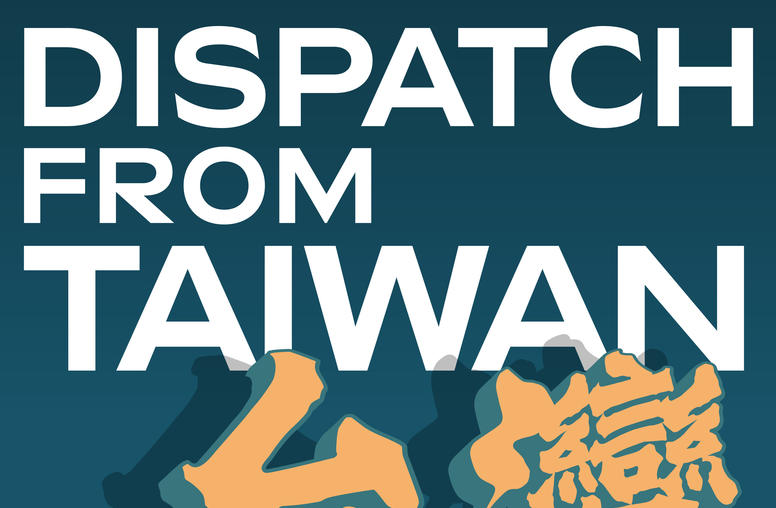
‘Silicon Shield’: Looking Beyond Semiconductors
Taiwan makes 65 percent of the world’s semiconductors and roughly 90 percent of the world’s most advanced computer chips. In this episode of "Dispatch from Taiwan," we look at what’s known as the “silicon shield,” its history, its substance, and how Taiwanese citizens view this critical industry. Most importantly, what’s the next big thing?
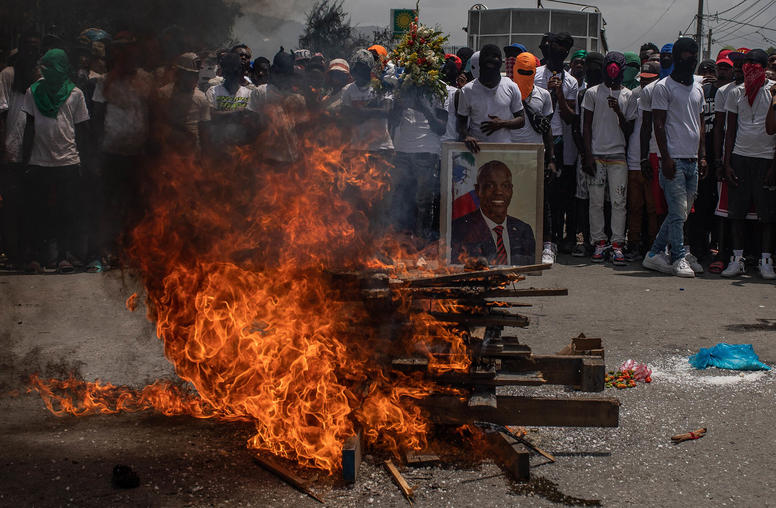
Wanted: A Reset of Haiti Policy
Haiti’s governance vacuum triggered by President Jovenel Moïse’s assassination in July 2021 shows few encouraging signs. Violence, notably around Port-au-Prince, has not only grown in lethality, but politically has become the central issue shaping domestic and international discussions. The imminent expiration of acting Prime Minister Ariel Henry’s term in office on February 7 means Haiti’s political crisis is on course to become more intransigent.

Mary Speck on the Challenges Facing Guatemala’s New President
Despite legal challenges, Bernardo Arévalo has finally assumed Guatemala’s presidency. Attention now shifts to whether his anti-corruption platform can make a difference in a region beleaguered by instability, says USIP’s Mary Speck: “There’s a great deal of hope that Arévalo can show that democracy actually works.”
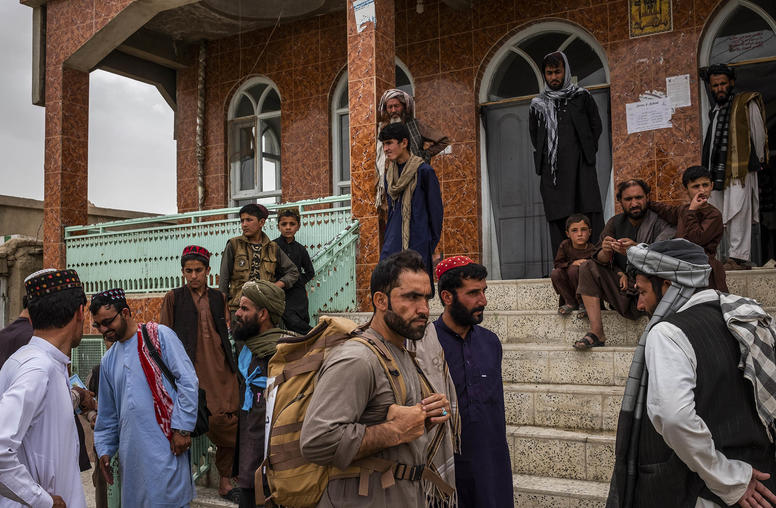
In Religious Conflicts, Bolstering the Role of Military Chaplains
In the 2020s, how urgently should the U.S. military prepare to address religious facets of armed conflicts? Violence from Beirut to the Red Sea this month threatens to spread the Israel-Hamas war regionwide. Violence fueled through religious identities and extremisms also afflicts Asia and Africa. Russia manipulates religion to justify its invasion of Ukraine. However, simultaneously, religious ideas can help resolve conflicts. The United States should seize a current opportunity to improve its ability to navigate the religious terrain of conflicts with enhanced training and roles for an often under-appreciated resource: military chaplains.
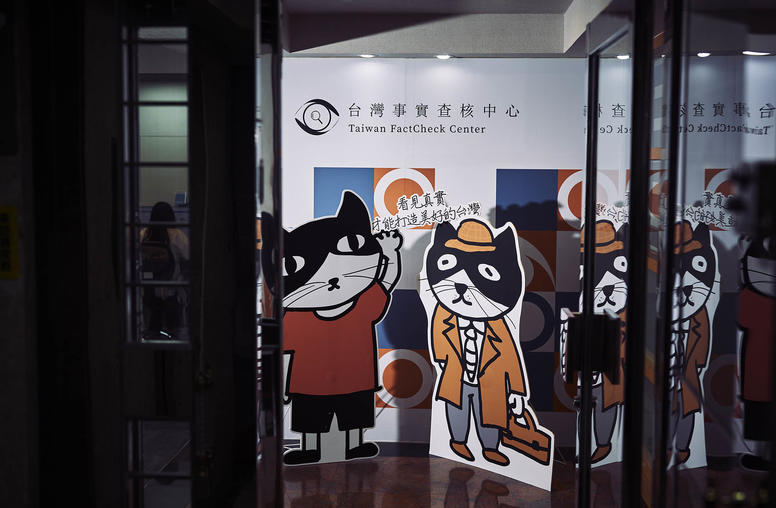
Taiwan’s Democracy Prevailed Despite China’s Election Interference
The election of Lai Ching-te, or William Lai, as Taiwan’s next president despite firm opposition from China is a positive sign that democracy is alive and well on the island nation. Nevertheless, the fact that Lai, whom China has deemed a “troublemaker” and “separatist,” won by a narrow margin, and his Democratic Progressive Party (DPP) lost its majority in the Legislative Yuan, will be seen in Beijing as an acceptable outcome, as it restricts Lai’s ability to advance his agenda and reveals the limits of the DPP’s appeal.
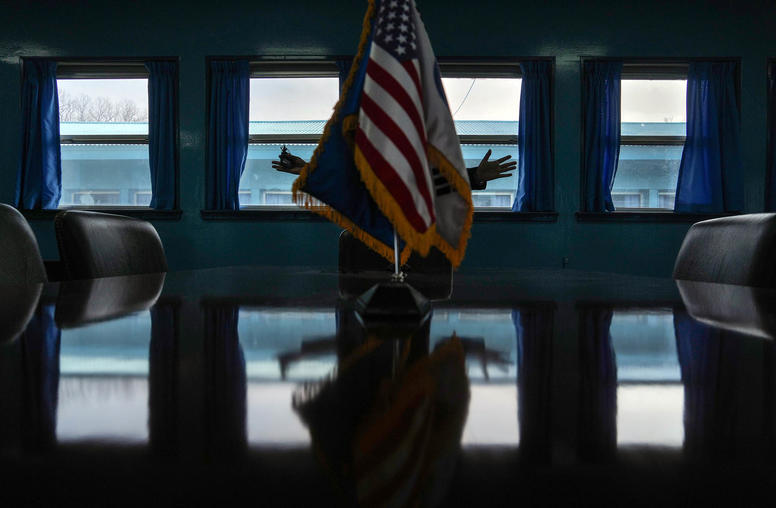
Revisiting the Two-State System for Peaceful Coexistence on the Korean Peninsula
The mounting tensions and risk of nuclear war that plague the Korean Peninsula today are typically attributed to a combination of North Korea’s aggressive nuclear posture and doctrine and the U.S.-South Korea alliance’s proactive deterrence countermeasures. However, while these factors are proximate and important, they themselves stem from a deeper, fundamental cause. The longstanding division of the Korean Peninsula has trapped the two Koreas in an endless unification competition to outcompete and take over one another, which drives the arms race and confrontational military postures against each other. Advancing a “two-state system” that mitigates the unification competition may help promote peaceful coexistence between South and North Korea and reduce the risks of conventional and nuclear war on the peninsula.
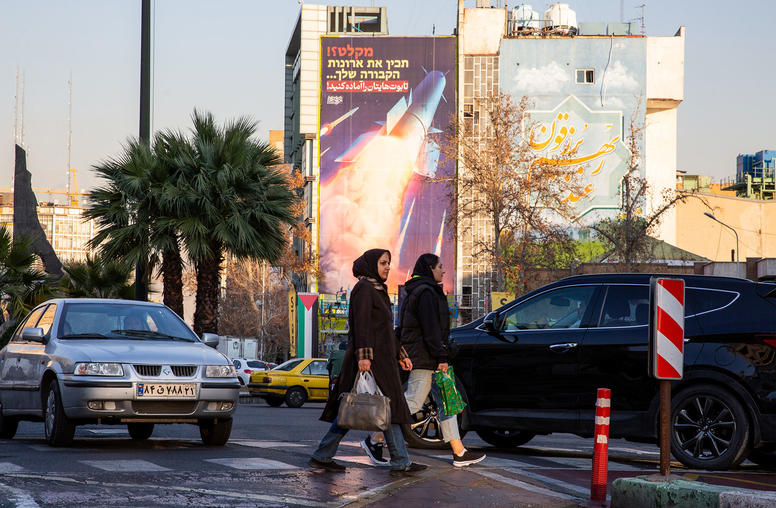
Making Sense of Iran-Pakistan Cross-Border Strikes
In a surprising turn on January 16, Iran launched missile strikes into Pakistan’s Baluchistan province, claiming it had hit two strongholds of anti-Iran insurgent group Jaish al-Adl (Army of Justice). Iran announced the attack in Pakistan concurrent to its strikes in Iraq and Syria. Less than two days later, Pakistan hit back with not only missiles but also fighter jets in Iran’s Sistan-Baluchistan province — claiming to target hideouts of anti-Pakistan ethno-nationalist insurgents operating from Iranian soil.
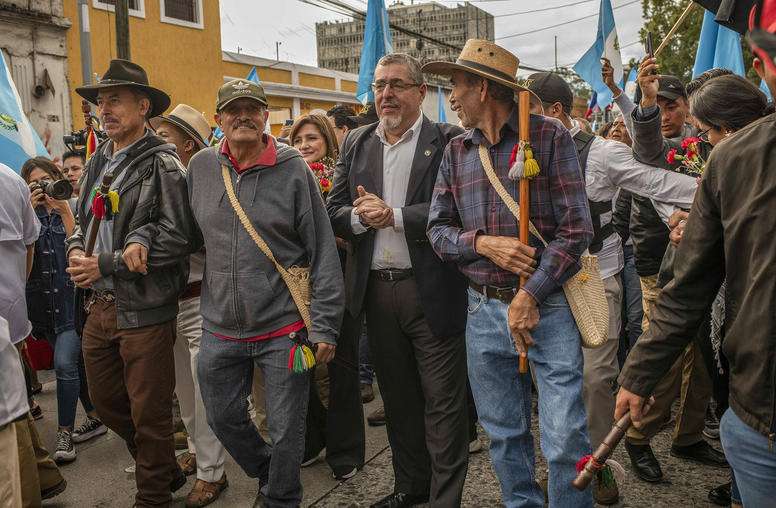
De Constructor de Paz a Presidente: los Desafíos que enfrenta Arévalo en Guatemala
El nuevo presidente de Guatemala, Bernardo Arévalo, ha desafiado repetidamente las expectativas: primero, al terminar inesperadamente en segundo lugar en la primera vuelta de las elecciones presidenciales el pasado junio; luego, al ganar la segunda vuelta por un amplio margen en agosto, y finalmente, al sobrevivir a una avalancha de retos legales antes de su toma de posesión el 14 de enero.

From Peace Builder to President: The Challenges Facing Guatemala’s Arévalo
Guatemala’s new president, Bernardo Arévalo, has repeatedly defied the odds: first by unexpectedly surging to second place in his country’s first-round presidential elections last June; next by winning the final round by a landslide in August, and then by surviving an onslaught of legal challenges in the run-up to his January 14th inauguration.